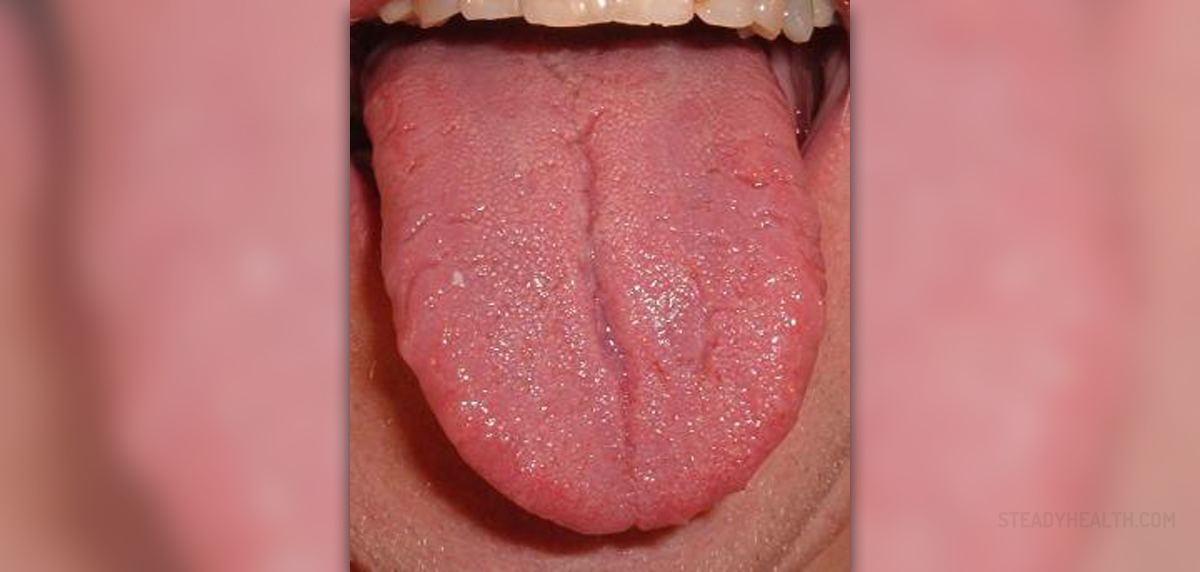
Tongue cancer is a malignant tumor of the tongue which in a majority of cases originates from the superficial cells of the tongue. The tumor may start growing at the base of the tongue, on its sides, or it can affect the oral part of the tongue.
In cases where the tongue cancer originates from cells situated at the base of the tongue, it is referred to as oropharyngeal cancer. This cancer can grow gradually for a long period of time without causing any symptoms and it cannot simply be seen since it is located deep in the oral cavity. Once the tumor has grown to a sufficient size it leads to certain symptoms and signs.
Risk Factors for Tongue Cancer
Certain lifestyle factors can increase a person's risk of developing tongue cancer. Smoking or other tobacco use is one of the most significant risk factors, along with heavy and prolonged alcohol abuse. Poor oral hygiene habits, excessive time spent in the sun, being a carrier of the HPV virus, and even a poor diet also contribute to the risk. People with an already weakened immune system may have a higher risk of tongue cancer as well.
Symptoms of Tongue Cancer
Symptoms of tongue cancer depend on the location of the tumor, its size, and destruction of the nearby structures. Additionally symptoms tend to be different in different stages of the disease.
Tongue cancer can sometimes be seen visually in the form of a red or white patch or a lump. This formation can be found on every part of the tongue. It does not withdraw and tends to increase in size with time. Tongue cancer can also be manifested in the form of a firm spot with raised edges. The tumor tends to grow and eventually its center becomes softer and starts to bleed. A bleeding ulceration is one more presentation of tongue cancer. If it does not heal within a short period of time, a person must visit his or her doctor as soon as possible.
Additional symptoms of tongue cancer are pain while chewing and/or swallowing, numbness of he tongue or other parts of the mouth, bad breath, tongue rigidity and an inability of the patient to move their tongue in all physiological directions.
Once the symptoms of tongue cancer have developed, a person shoud absolutely report them to their doctor without hesitation. Tongue cancer (particularly if it affects specific parts of the tongue) may rapidly spread and affect regional lymph nodes which make the prognosis of the disease worse.
Symptoms of Advanced Tongue Cancer
The progression of the disease can lead the cancer to spread to nearby organs and tissues. The tumor may infiltrate the entire tongue and restrict all the movements. Furthermore, the tumor at the base of the tongue, if large enough, interferes with swallowing of food or in more severe cases affects even fluids. This leads to progressive weight loss. Patients with tongue cancer can also complain about a sore throat. The spread of the tumor can lead to changes in voice and an ache in the middle ear. If the tumor has spread to regional lymph nodes, they are going to be enlarged as well. Their enlargement can be seen with the naked eye or if their size has changed only a bit this can be palpated (felt with your fingers).














-Disease-Cause-Oral-Cancer_f_280x120.jpg)


Your thoughts on this
Loading...